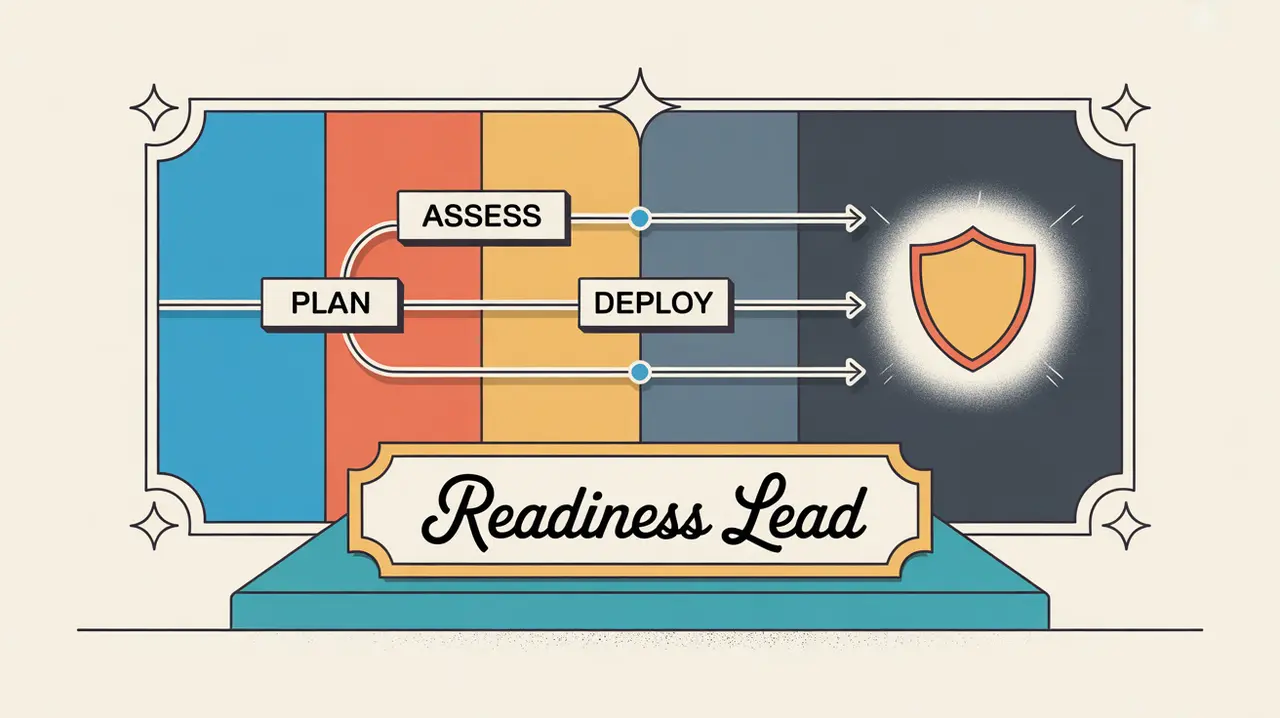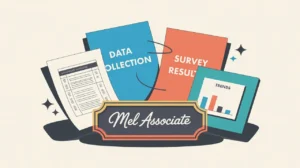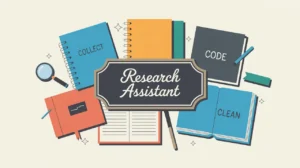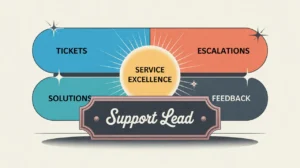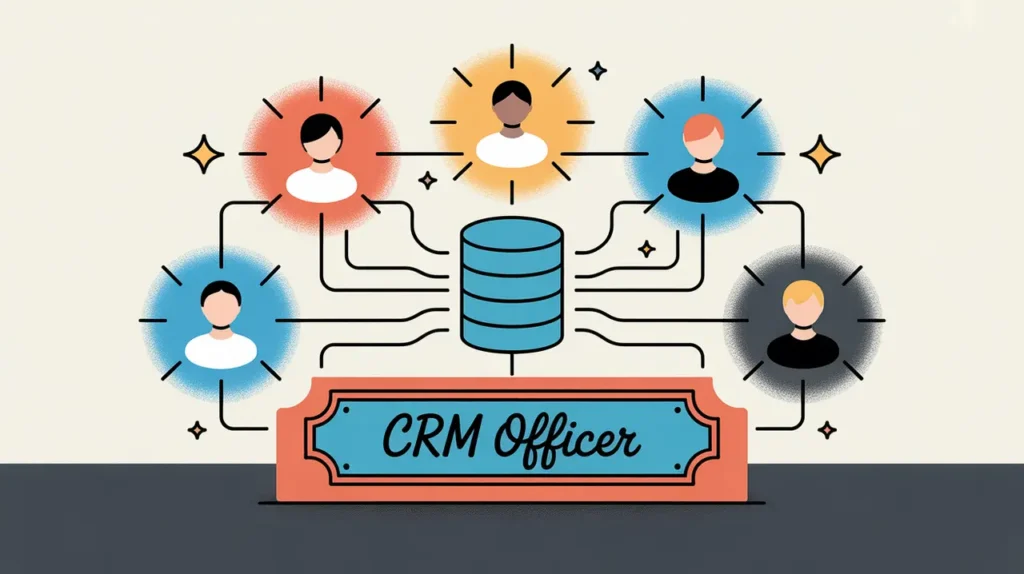What Does the Readiness Lead Role Involve?
A Readiness Lead is responsible for overseeing and guiding readiness assessments and interventions that ensure an organization, program, or initiative is prepared for successful launch, implementation, or scale. They set the strategic direction for readiness work, lead cross-functional assessments, identify systemic gaps and enabling conditions, and develop action plans to strengthen organizational or program capacity. Their role is both analytical and strategic, often serving as a bridge between planning and execution.
In nonprofits and social enterprises, Readiness Leads play a pivotal role during periods of growth, transition, or new initiative development, ensuring that decisions are informed by rigorous analysis and that systems and teams are positioned to deliver effectively.
At What Level does this Role Operate?
Mid to Senior Level: Readiness Leads typically operate with significant strategic and operational responsibility. They often report to a Strategy Director, Program Director, or Chief Operating Officer, and lead cross-functional teams through structured readiness processes. Their remit can span multiple programs, departments, or geographic areas.
Relative Employability: Readiness Lead roles are becoming increasingly relevant in organizations focused on scaling innovations, managing complex change, or implementing multi-stakeholder initiatives. They are found across nonprofits, foundations, international NGOs, and social enterprises that prioritize evidence-based planning and organizational agility.
Relative Pay Scale: Readiness Leads usually sit in the upper mid to senior pay bands. Their compensation reflects their leadership role, strategic influence, and cross-organizational impact, sitting above analyst and specialist roles but below director or executive levels.
What are the Key Responsibilities and Activities?
- Lead organizational and programmatic readiness assessments using structured frameworks and tools
- Set strategic direction for readiness work, aligning assessments with organizational goals and implementation timelines
- Identify gaps, risks, and enabling conditions across operational, financial, programmatic, and stakeholder dimensions
- Develop and oversee readiness action plans, coordinating interventions across teams and functions
- Synthesize and present readiness findings and recommendations to leadership and boards
- Facilitate cross-functional collaboration to address readiness priorities and monitor progress over time
- Refine and institutionalize readiness frameworks, tools, and processes within the organization
- Mentor analysts and team members to build internal readiness capabilities
What Core Competencies and Qualifications are Needed?
Required Qualifications and Experience
The following reflect common qualifications and experience expected for this role, while recognizing that pathways may vary by context, organization, and region.
- Relevant academic background in business, public policy, international development, organizational strategy, or related fields
- Significant experience in strategy, operations, program management, or organizational development
- Proven track record leading assessments, strategic planning, or implementation readiness initiatives
- Familiarity with readiness frameworks, risk analysis methodologies, and performance monitoring systems
- Strong leadership, facilitation, and communication skills
Key Competencies
- Strategic thinking and the ability to translate insights into actionable plans
- Strong analytical skills for assessing organizational systems and identifying gaps
- Excellent communication and presentation abilities for engaging leadership and stakeholders
- Project management and coordination skills for implementing cross-functional plans
- Leadership and mentoring abilities to build team capacity
- Adaptability and systems thinking to navigate complex, evolving contexts
How are AI and Automation Shaping this Role?
An AI-native Readiness Lead can use AI tools to centralize and analyze organizational data, run predictive models to assess future risks and capacity needs, and automate readiness dashboards to provide real-time visibility. AI can support scenario planning by modeling different strategic options and their operational implications. These tools enable Readiness Leads to focus more on strategic decision making, stakeholder alignment, and targeted interventions.
What Career Pathways and Transferable Skills are Associated with this Role?
Readiness Leads can progress to roles such as Strategy Director, Program Director, Operations Director, or Chief Operating Officer. Their expertise in assessment, strategic planning, and implementation leadership is transferable to senior roles in organizational development, transformation, and systems leadership. Over time, they may lead large-scale change initiatives, oversee multi-country program readiness, or shape organizational strategies for growth and scaling.
